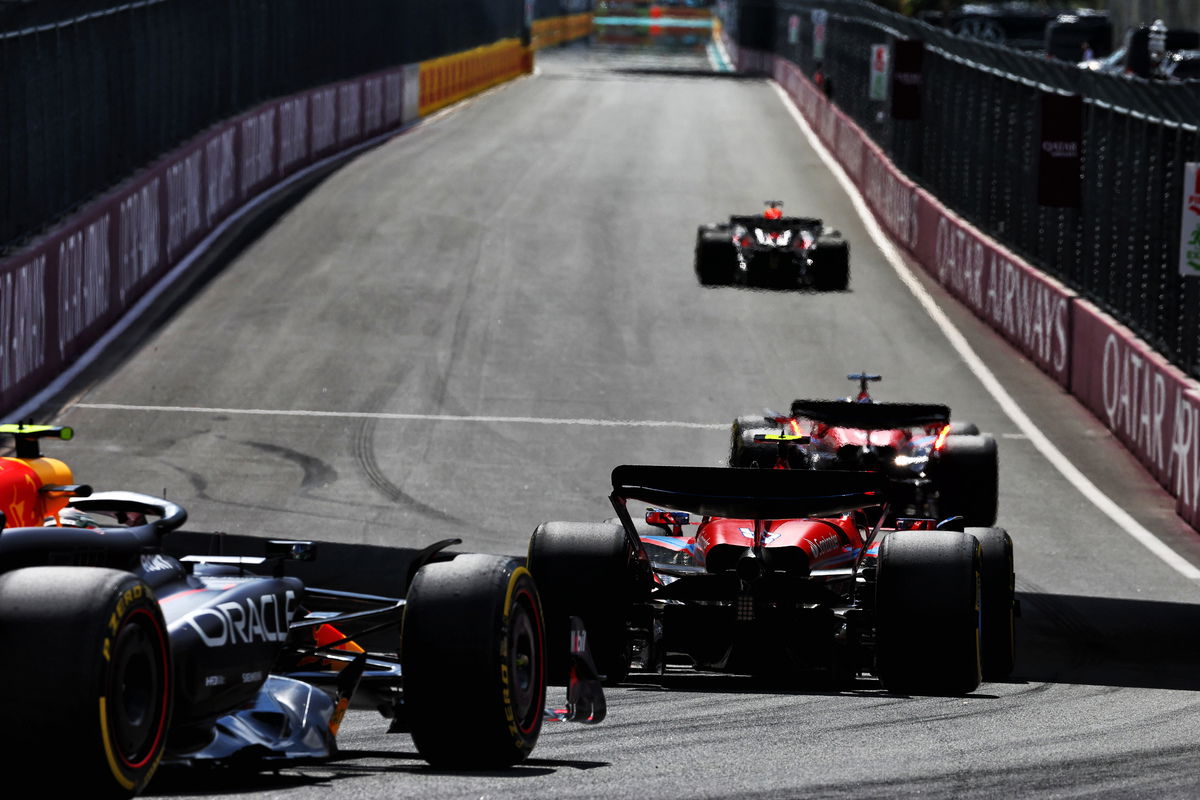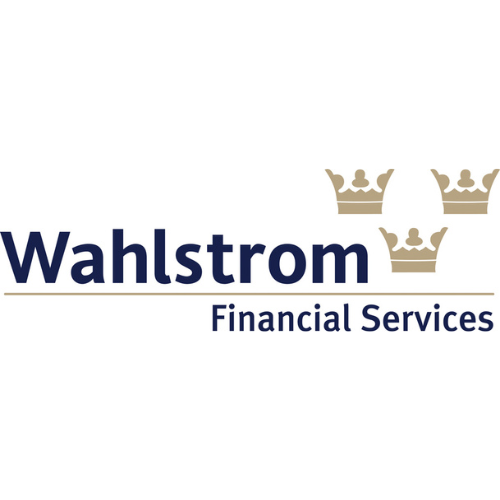

Formula 1 currently boasts a 24-race calendar, one shy of the maximum permitted under the Concorde Agreements, the unilateral contracts that bind the sport’s commercial and technical interests with teams, FIA, and commercial rights holder Formula 1 Group.
A significant portion of Formula 1 Group’s revenue comes from race promotion fees, incentivising it to add races.
However, having now almost reached the contractually mandated maximum, it is looking at alternative means of bolstering its bottom line.
There are two ways to achieve that goal: raising existing hosting fees or finding higher-paying events, with F1 Group looking to do both.
“There continues to be huge interest and demand for our races around the world,” F1 president and CEO Stefano Domenicali told investors in Liberty Media’s Q1 earnings announcement.
“Our focus is to maintain the right strategic balance of locational opportunities while being clear we currently believe a 24-race schedule is the optimal number of events.
“What you have seen and what we have seen happening in the course of the last years, because of the strong demand of our products and because of the standards we are asking and working together with our promoter, we are seeing everything going up in terms of the quality of the events of course economically but for both the promoter and our side,” he added.
“And the strong demand we are receiving just shows really the strategy is right now.
“The other point is the balance between the different continents that are requesting the different grands prix.”
With the exception of Africa and Antarctica, Formula 1 races on every continent.
Efforts have been made to take the championship back to Africa, having last raced at Kyalami in 1993.
Other events have also been mooted, with the registration of trademarks in the United States hinting at a race near Chicago.
“I would say in the next couple of years, I’m expecting to see and we are expect to announce also some new venues that that could be very attractive to grow the business of Formula 1,” Domenicali said.
However, with the calendar essentially already at capacity, the inclusion of any new event will almost certainly come in place of an existing race.
A number of grands prix have been renewed for the medium or long term, with Australia holding the longest contract through to 2037.
Bahrain will remain on the calendar until 2036, Silverstone until 2034, while both Qatar and Hungary are locked in until 2032.
In total, nine events have their futures secure until at least 2030, while Singapore and Japan both have five years left on their current contracts. Madrid will join the calendar in 2026 with a 10-year deal.
It is standard practice for all event promoter contracts to include an annual accelerator, increasing the hosting fee – thought to be around five percent.
At the other end of the spectrum, eight events have agreements due to expire next year, including a number of long-standing races. Belgium and Italy are among that number.
To maintain their place on the calendar, those promoters will be expected to pay the market rate – which has been inflated by the demand for events in recent years.
“For a long time, it was perceived that the growth and promotion would come from incremental races,” explained Liberty Media chairman Greg Maffei.
“We obviously went from 18 or something to up to this 24 level, which is where we do not anticipate growing any more races.
“But, it actually creates a great incentive scarcity, to be able to play promoters off against each other – and not to try and take advantage of them but just given the amount of demand we have, both among fans to attend and among promoters to host an event.
“We’ve been able to find attractive pricing and good uplifts.
“And we continue to find new venues and new locations, which find it very attractive, given the amount of demand we have and given the opportunities they’ve seen others pursue,” he added.
“So, so far, so good on promotion.
“I do think it continues to be a growth area.”
Formula 1 has announced a 24-race calendar for 2025, notably without the addition of any new events. Formula 1 Group yesterday posted Q1 revenues of AUD $892 million.





















Discussion about this post